Planning Pays Off: 5 Strategies to Get the Most Out of Your Delivery Speed Choice
November 10, 2024
5 min read
Introduction
The last mile turnover defines the final trip of the consignment that is moving from a distribution or transfer point to the ultimate buyer. This sometimes lengthy, frequently expensive segment of the supply chain remains closely tied to customer experience as the customer is the final recipient of the delivered goods.

Aspects to Consider During Last Mile Tracking
Implementing an effective last-mile tracking system requires careful consideration of several key factors, which include:
Visibility and Transparency: Ensuring customers can track their deliveries in real-time helps increase their confidence in deliveries and decrease delivery anxiety.
Route Optimization: Implementing the information gathered from the last-mile tracking systems makes a good strategy for improving delivery systems thus reducing the transportation costs within the process.
Proof of Delivery: Obtaining the digital signature or any picture that may be proof of delivering the item can also reduce the risk of the delivery being fraudulently claimed and also improve the delivery process.
Delivery Agent Communication: Open communication between delivery agents and customers, combined with tracking last-mile delivery, can solve customer anxiety during delivery.
Benefits of Effective Last Mile Tracking
Investing in a robust last-mile tracking solution can provide businesses with a range of benefits, such as:
Enhanced Customer Satisfaction: Through real-time tracking and timely communication, organizations can improve customers’ satisfaction and gain their trust.
Increased Operational Efficiency: Real-time tracking of the last mile makes it easy for businesses to observe and handle delivery hitches, minimizing missed or delayed deliveries and achieving optimal operational efficiency for the organization.
Reduced Costs: By adding routing optimization and visibility controls, companies can expect to achieve major cost savings in areas such as fuel, labor, and other related overheads.
Improved Security: Last-mile tracking allows businesses to track the location of items being delivered and identify any instances of theft or pilferage, allowing for swift action and recovery.
Future Trends in Last-Mile Delivery Tracking
Due to the ever-growing popularity of B2B last-mile delivery, improvements in technologies that add value to last-mile tracking solutions will occur.
Internet of Things (IoT): IoT will help with real-time tracking and monitoring of deliveries through IoT-connected devices, providing even more visibility of the last mile.
Artificial Intelligence: Route optimization and exception management by use of artificial intelligence will assist business logistics in cost reduction and efficiency enhancement.
Autonomous Vehicles: Autonomous delivery vehicles will smoothen last-mile delivery, with even shorter response times and better customer reach.
Conclusion
In the increasingly competitive e-commerce landscape, world parcel tracking has emerged as a critical tool for businesses seeking to differentiate themselves and meet evolving customer expectations. Thus, knowing the main indicators and benefits of effective last-mile tracking will help to build a long-term strategy for success and exceptional service provision, as well as the optimization of the supply chain.
Let your logistics operations leap to new heights with Shipyaari. With features like real-time tracking, efficient route management, and a customer-friendly interface, Shipyaari provides timely and effective last-mile delivery solutions for small, medium, and large enterprises. Try Shipyaari today and simplify your shipping process!
Frequently Asked Questions
The last mile delivery tracking is the practice of tracking and following the final steps of delivery that begin from the distribution centres all the way to the customers. It offers shipment tracking and identification of the specific status of the consignment availed at a particular time.
Last-mile tracking is crucial as it:
- Enhances customer satisfaction through transparency
- Improves operational efficiency by identifying and addressing delivery issues
- Reduces transportation costs via route optimization
- Enhances package security by monitoring delivery locations
The key factors include:
- Visibility and transparency for customers
- Route optimization to minimize costs
- Proof of delivery to prevent fraudulent claims
- Effective communication between agents and customers
Last-mile tracking improves customer satisfaction by:
- Providing real-time delivery updates
- Enabling proactive communication about any issues
- Ensuring timely and reliable deliveries
Suggested Reads
Hyperlocal Personalization: Tailoring Experiences for Local Customers
Introduction The eCommerce industry in India has witnessed a rapid growth of hyperlocal services in
Continue ReadingDec
How Can Box Size and Sustainability Cut Waste in Hyperlocal Deliveries?
Introduction Sustainability is more than just a trendy word in today’s logistics industry; it’s a
Continue ReadingNov




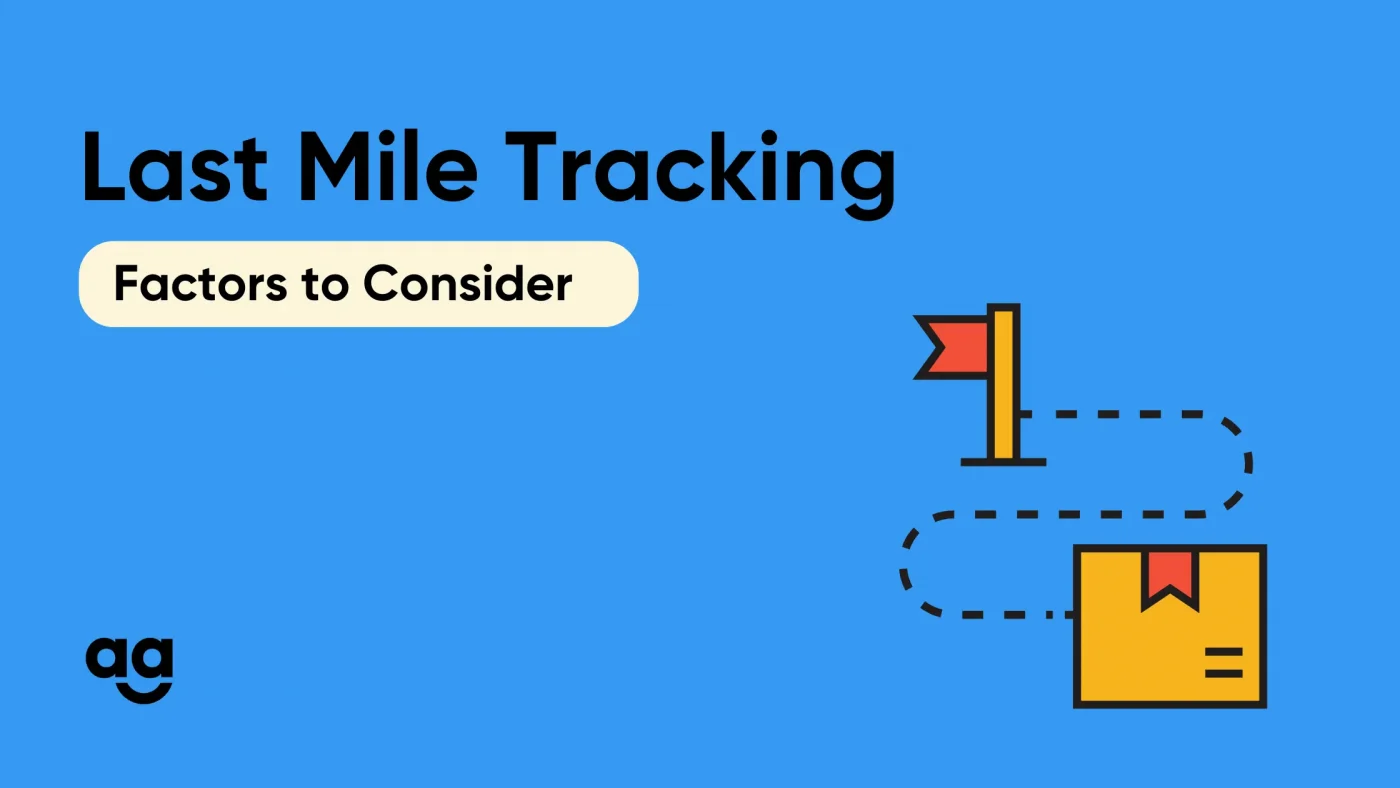



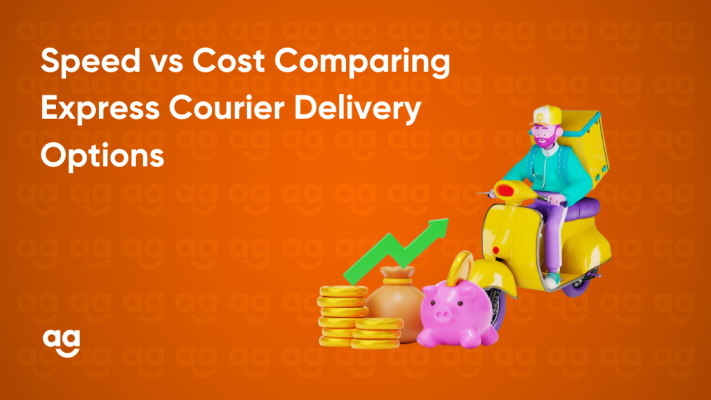


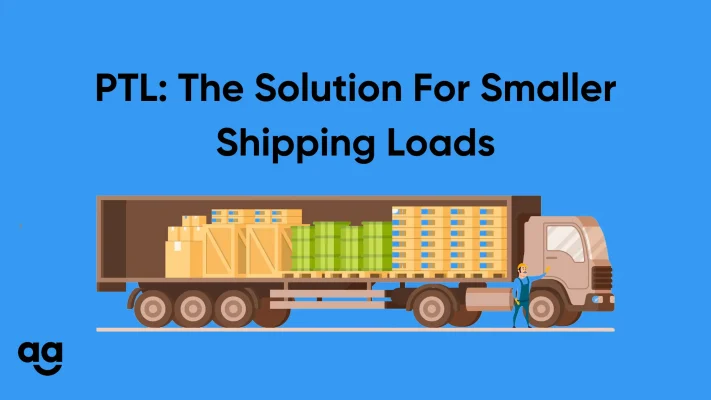


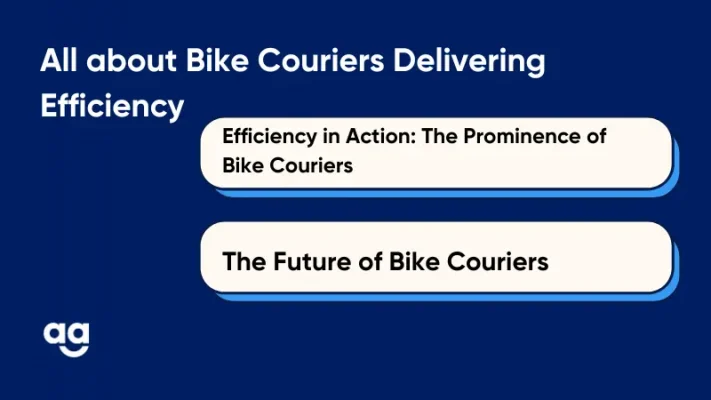
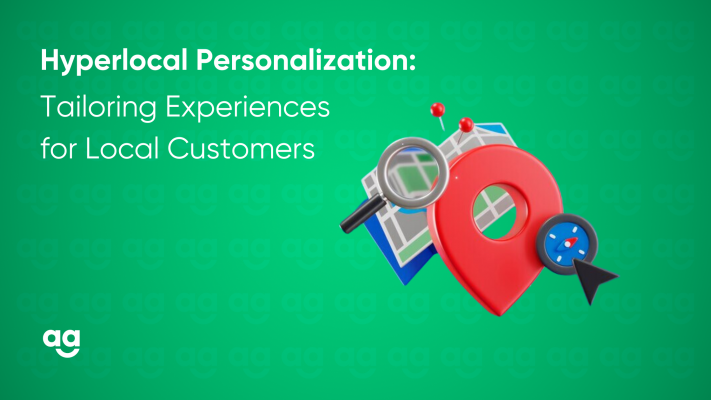

 Shipping
Shipping